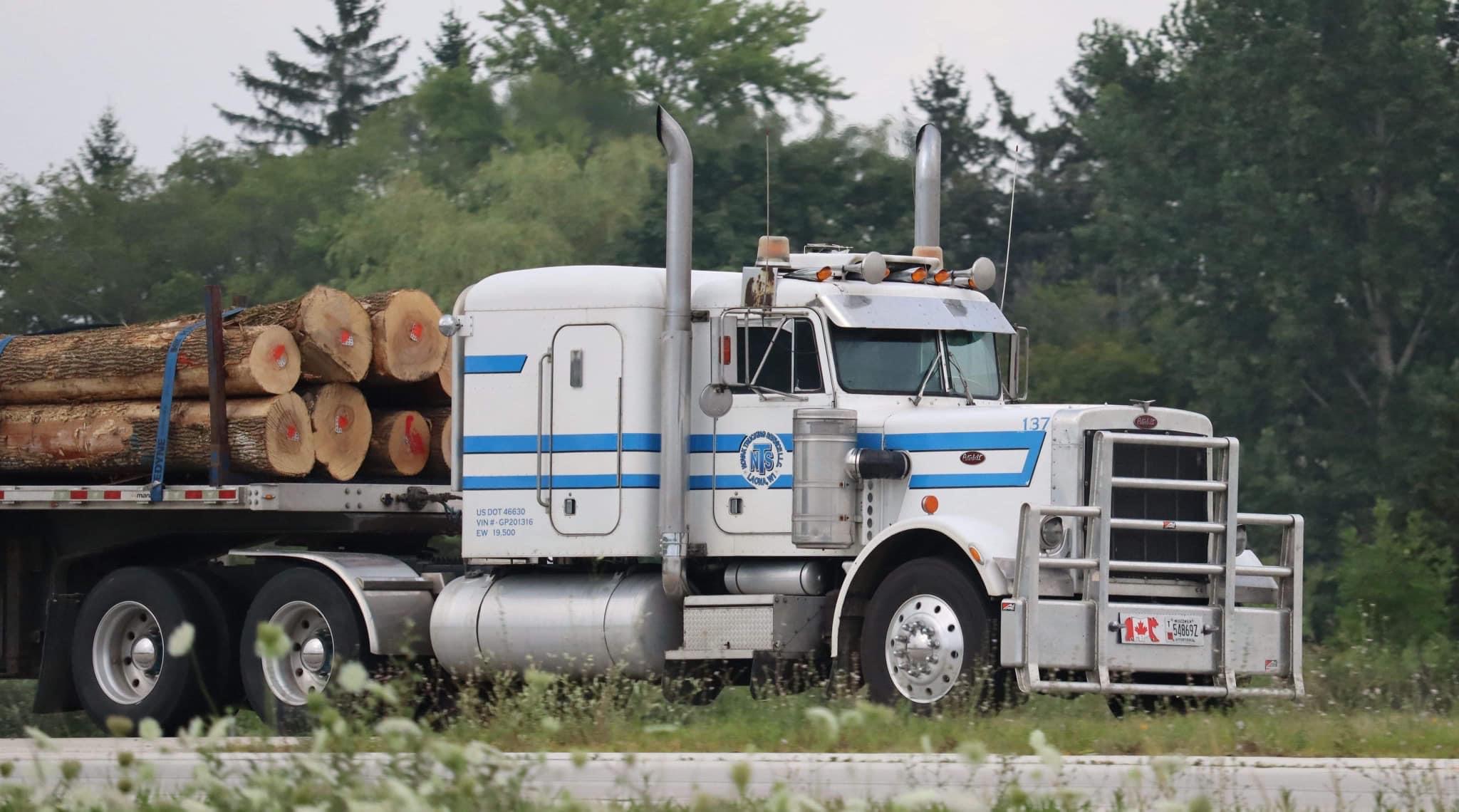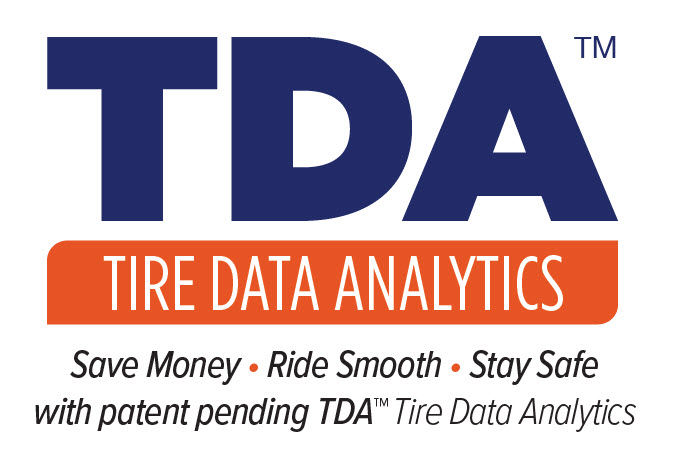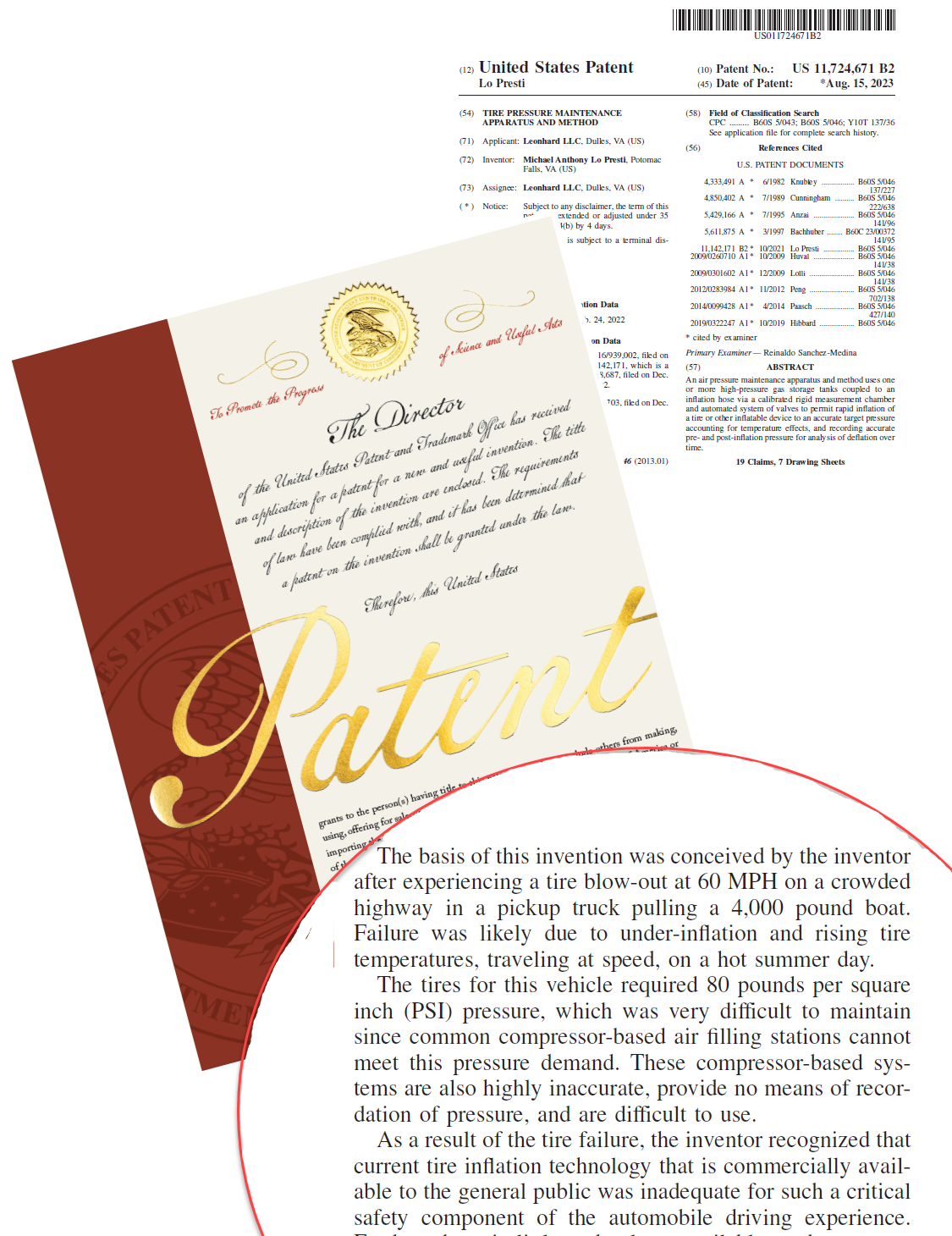In the world of transportation and logistics, maintaining optimal tire pressure is a critical factor for ensuring the safety and efficiency of truck fleets. The traditional method of inflating tires with compressed air has been widely used, but recent advancements have highlighted the benefits of using nitrogen for tire inflation.
Unlike compressed air, which contains oxygen and moisture, nitrogen is a dry, inert gas. This unique composition helps in maintaining more stable tire pressure over time, reducing the risk of under-inflation and over-inflation. Properly inflated tires not only enhance the safety of the vehicle but also contribute to improved fuel efficiency and extended tire life. This makes nitrogen tire inflation a game-changer in the trucking industry.
Studies have shown that using nitrogen reduces the risk of tire-related accidents significantly by maintaining consistent tire pressure and reducing the likelihood of blowouts. This is particularly crucial for heavy-duty trucks that travel long distances and carry substantial loads.
At Fuel & Tire Saver Systems Company, LLC, we specialize in mobile onsite nitrogen tire inflation, servicing fleets across Virginia, Maryland, Pennsylvania, North Carolina, Tennessee, and Georgia. Our goal is to help fleet operators enhance the safety and performance of their vehicles while also contributing to environmental sustainability by saving fuel.
Request Fleet Pricing by visiting our contact page, calling our office at (703) 429-0382, or emailing Mike.LoPresti@fuelandtiresaver.com. Experience the benefits of nitrogen tire inflation today!
Table of Contents
ToggleImpact of Nitrogen on Tire Pressure
One of the most significant advantages of using nitrogen for tire inflation is its impact on maintaining tire pressure. Traditional compressed air contains both oxygen and nitrogen, along with small amounts of water vapor and other gases. Oxygen molecules are smaller and more prone to seep through the tire rubber over time, leading to gradual pressure loss. This can result in under-inflated tires, which pose serious risks to vehicle safety and efficiency.
Nitrogen, on the other hand, is a larger molecule and less likely to permeate through the tire rubber. This characteristic helps in maintaining a more consistent tire pressure over extended periods. Consistent tire pressure ensures optimal contact with the road surface, enhancing traction and reducing the risk of tire-related accidents. Additionally, it helps in evenly distributing the vehicle load across the tires, preventing uneven wear and extending tire life.
Furthermore, nitrogen is a dry gas, which means it does not introduce moisture into the tire. Moisture can cause fluctuations in tire pressure due to temperature changes and can contribute to the corrosion of the steel components within the tire. By eliminating moisture, nitrogen helps in maintaining a stable pressure environment, reducing the chances of pressure variations that can lead to blowouts or other tire failures.
As a result, the use of nitrogen in tire inflation not only enhances safety but also contributes to better fuel economy and longer tire lifespan. This makes it an invaluable practice for fleet operators looking to optimize their operations and reduce maintenance costs.
Enhanced Safety with Nitrogen

Ensuring the safety of truck fleets is a top priority for any operator, and using nitrogen to inflate tires can significantly enhance this safety. Proper tire inflation is crucial for maintaining vehicle stability, handling, and braking performance. Under-inflated or over-inflated tires can lead to uneven tire wear, reduced traction, and increased stopping distances, all of which can contribute to accidents.
By utilizing nitrogen, fleet operators can maintain more consistent tire pressure, which is essential for optimal tire performance. Consistent pressure helps in achieving a uniform tire contact patch with the road, which is critical for maintaining control during various driving conditions. This consistency reduces the risk of tire blowouts, a common cause of road accidents, especially in heavy-duty trucks.
Moreover, nitrogen inflation minimizes the oxidation process within the tire. Traditional air contains oxygen, which can degrade the rubber over time, leading to weakened tire structures. This degradation can result in tire failures when the rubber becomes brittle and prone to cracking. Nitrogen, being inert, does not react with the rubber, thus preserving the tire’s integrity and enhancing its durability.
Additionally, nitrogen’s ability to keep moisture out of the tire prevents internal corrosion of metal components, such as the steel belts and rims. Corrosion can compromise the tire’s structural integrity, increasing the likelihood of catastrophic failures. By eliminating moisture, nitrogen helps in maintaining the tire’s strength and reliability, further enhancing safety.
In conclusion, the use of nitrogen in tire inflation is a proactive measure that significantly reduces the risk of tire-related accidents. It ensures that tires remain in optimal condition, thereby providing a safer driving experience for long-haul and heavy-duty trucks.
Extending Tire Life with Nitrogen

Extending the life of truck tires is not only a cost-saving measure but also a crucial component of fleet maintenance. One effective way to achieve this is by using nitrogen for tire inflation. Nitrogen, due to its properties, offers several advantages over traditional air, contributing significantly to the longevity of tires.
Firstly, nitrogen molecules are larger and less likely to seep through the rubber compared to oxygen molecules. This means that tires inflated with nitrogen maintain their pressure for a longer period, reducing the need for frequent re-inflation. Consistent tire pressure helps in distributing the vehicle’s weight evenly across the tire’s surface, preventing uneven tread wear and extending tire life.
Moreover, nitrogen is a dry gas, unlike compressed air which contains moisture. Moisture inside the tire can lead to the formation of rust on steel belts and rims, weakening the tire’s structure and leading to premature failure. By eliminating moisture, nitrogen helps in preserving the tire’s internal components, thereby enhancing durability.
Another significant benefit of nitrogen is its inert nature. Traditional air contains oxygen, which can react with the rubber and cause oxidation. Oxidation leads to the rubber becoming brittle and losing its elasticity over time. Nitrogen, on the other hand, does not react with the rubber, thus preventing oxidation and keeping the tire material in better condition for a longer period.
Additionally, maintaining proper tire pressure with nitrogen helps in reducing rolling resistance. Lower rolling resistance means less friction between the tire and the road, which not only improves fuel efficiency but also reduces heat buildup. Excessive heat is a major factor in tire degradation, and by minimizing it, nitrogen inflation contributes to extending the tire’s lifespan.
In summary, using nitrogen for tire inflation is a strategic approach to maintaining the health of truck tires. It offers consistent pressure, prevents moisture-related damage, and protects against oxidation, all of which play a crucial role in extending tire life.
Environmental Benefits of Nitrogen

While the primary focus of using nitrogen in truck tires is often on safety and cost savings, the **environmental benefits** of this practice are equally noteworthy. Incorporating nitrogen inflation into regular fleet maintenance can contribute significantly to environmental conservation efforts.
Firstly, maintaining proper tire pressure with nitrogen reduces fuel consumption. When tires are under-inflated, they create more rolling resistance, which means the engine has to work harder and burn more fuel to keep the vehicle moving. By keeping tires at optimal pressure, nitrogen inflation minimizes rolling resistance, which in turn reduces fuel consumption and lowers the emissions of greenhouse gases like carbon dioxide (CO2).
Moreover, **extended tire life** achieved through nitrogen inflation reduces the frequency of tire replacements. The manufacturing and disposal processes of tires have substantial environmental impacts, including the consumption of natural resources and the release of pollutants. By extending the lifespan of tires, nitrogen inflation helps in decreasing the demand for new tires and reducing the number of old tires that end up in landfills, thus mitigating environmental harm.
In addition, nitrogen is an inert gas, which means it does not contribute to the degradation of rubber through oxidation. This helps in maintaining the integrity of the tire over a longer period, reducing the need for frequent tire maintenance and disposal. Less tire disposal means fewer tires are incinerated or left to decompose in landfills, both of which release harmful substances into the environment.
Furthermore, using nitrogen in tires can lead to better fuel efficiency, which has a cascading effect on reducing the overall carbon footprint of a truck fleet. Improved fuel efficiency means fewer trips to the fuel station and less fuel burned per mile, contributing to a reduction in the fleet’s total emissions.
In sum, the **environmental benefits** of nitrogen inflation encompass reduced fuel consumption, extended tire life, decreased waste, and lower emissions. These advantages make it an eco-friendly choice for truck fleets aiming to operate sustainably while also enjoying the benefits of enhanced safety and cost-efficiency.
Conclusion on Nitrogen Tire Safety

In conclusion, **using nitrogen reduces the risk of tire-related accidents significantly** and offers a myriad of additional benefits for truck fleets. By maintaining optimal tire pressure, nitrogen inflation enhances **tire safety**, leading to fewer blowouts and other tire-related incidents on the road. This not only protects the drivers but also ensures the safety of other road users.
Moreover, nitrogen inflation contributes to better **fuel efficiency** and **tire longevity**, which translates into substantial cost savings for fleet operators. These economic advantages are coupled with notable **environmental benefits**, such as reduced greenhouse gas emissions, decreased tire waste, and lower resource consumption. All these factors make nitrogen inflation an all-encompassing solution for improving fleet operations.
By implementing nitrogen inflation, fleet managers can also streamline maintenance efforts, as nitrogen-filled tires require less frequent pressure checks and adjustments compared to those inflated with regular air. This allows for more efficient use of time and resources, further enhancing the overall productivity and reliability of the fleet.
Embracing nitrogen tire inflation is a proactive step towards safer, more efficient, and environmentally responsible fleet management. If you’re ready to experience these benefits for your fleet, don’t hesitate to request fleet pricing, contact our office at (703) 429-0382, or email Mike.LoPresti@fuelandtiresaver.com for more information. Our team at Fuel & Tire Saver Systems Company, LLC is committed to helping you achieve the highest standards of safety and performance through innovative tire maintenance solutions.


